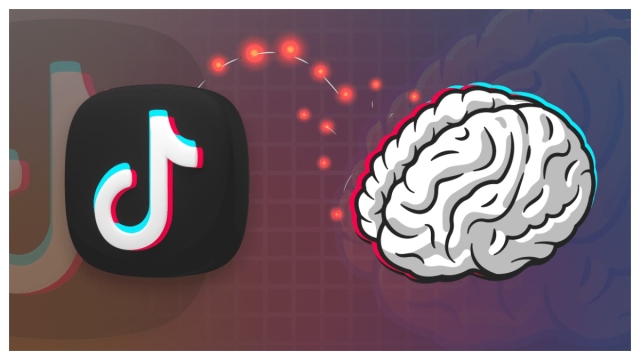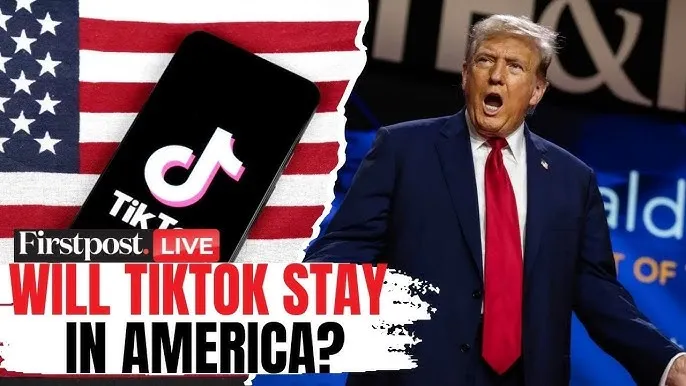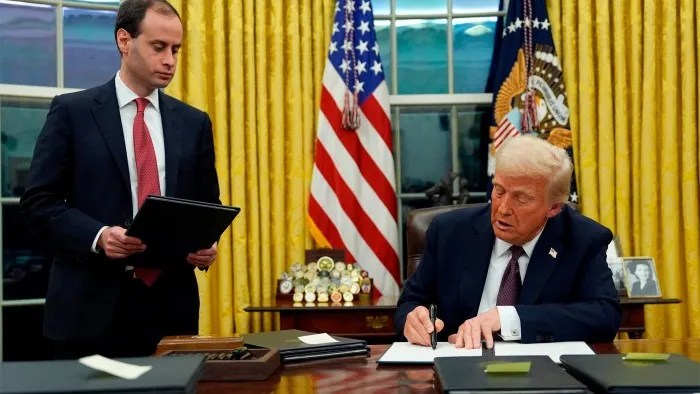Why TikTok’s Future Remains Uncertain
TikTok’s journey in the U.S. has been marked by political scrutiny and international controversy. Despite its widespread popularity, the app's ties to its Chinese parent company, ByteDance, have raised concerns about privacy and national security. President Trump’s recent executive order delaying TikTok’s U.S. ban provides temporary relief, but the platform’s long-term future remains in question.
This article examines why TikTok’s future remains uncertain, highlighting the geopolitical dynamics, economic negotiations, and global reactions influencing the app’s trajectory.
1. Trump’s Temporary Reprieve
On January 20, 2025, President Trump signed an executive order delaying the enforcement of a controversial law requiring TikTok’s divestment from Chinese ownership. The law, aimed at addressing national security risks, mandated that ByteDance sell its U.S. operations or face a ban. The delay offers a 75-day window for negotiations, allowing TikTok to continue operating while discussions with potential American buyers unfold.
Trump’s proposal for a 50-50 joint venture between ByteDance and a U.S. entity aims to address security concerns while preserving TikTok’s presence. However, this compromise faces skepticism from lawmakers and international stakeholders.
2. Geopolitical Backlash
The global implications of Trump’s actions have sparked significant backlash, particularly in China. Chinese social media platforms like Weibo have been inundated with criticism, with users labeling the proposed ownership structure as “robbery.”
China’s Foreign Ministry condemned the decision, urging the U.S. to provide a fair and non-discriminatory business environment. Meanwhile, Chinese state media framed the TikTok dispute as an example of U.S. overreach in curbing China’s technological advancements.
The geopolitical tensions highlight how TikTok has become a flashpoint in U.S.-China relations, symbolizing broader struggles over trade, technology, and influence.
3. TikTok’s Economic Stakes
With 170 million U.S. users, TikTok is a cultural and economic powerhouse. The app is not just a platform for entertainment but also a critical marketing tool for brands, small businesses, and creators. A shutdown could disrupt livelihoods and hinder companies relying on the platform for engagement.
For ByteDance, TikTok’s U.S. operations represent a significant revenue stream. Selling the app could pose challenges, as its proprietary algorithm is central to its success. Reports suggest Beijing views the algorithm as a protected technology, complicating any potential divestiture.
4. Trump’s Tariff Leverage
Trump’s rhetoric linking TikTok’s fate to broader trade negotiations with China has added another layer of complexity. The president hinted at imposing 100% tariffs on Chinese goods if Beijing obstructs a potential deal. This strategy underscores the administration’s willingness to use TikTok as a bargaining chip in U.S.-China economic relations.
However, such an approach risks escalating trade tensions and could further complicate efforts to secure TikTok’s future in the U.S.
5. Broader Implications for Tech Regulation
The TikTok saga raises questions about the future of tech regulation and cross-border digital platforms. Critics argue that targeting TikTok sets a precedent for scrutinizing other apps with foreign ties. At the same time, the debate highlights the need for robust frameworks to balance innovation, security, and user privacy in the digital age.
Related articles:
Why TikTok Is Bad For Everyone
Is TikTok Good or Bad? Exploring the Pros and Cons
Conclusion
TikTok’s temporary reprieve highlights the intersection of technology, geopolitics, and economic interests. While President Trump’s executive order delays its ban, the platform’s long-term future remains uncertain. Negotiations with ByteDance, international reactions, and broader trade dynamics will shape the outcome in the coming months.
Understanding why TikTok’s future remains uncertain is key to navigating the implications of this global tech showdown, where economic power and national security collide.
Maybe you are interested:

The Impact of “TikTok Brain” on Children’s Attention

Balancing Individual Freedom and Public Safety: Thich Minh Tue Phenomenon






